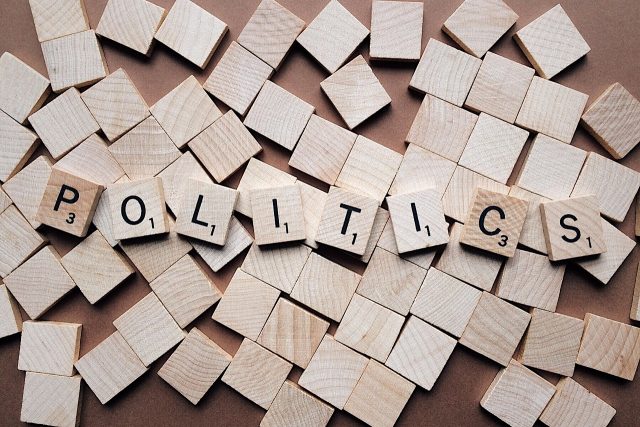
The 2024 European elections marked a crucial moment in continental politics, reflecting significant shifts in preferences and political dynamics throughout the European Union. A significant result for the ECR recently welcomed five new members from the Alliance for the Union of Romanians, a radical right-wing party based on four key principles: family, nation, faith, and freedom. This latest addition means that the ECR has overtaken the liberals of Renew, as the group’s MEPs now number 83, about ten of whom come from parties entering the European Parliament for the first time. The European Conservatives and Reformists could continue to grow.
While debates focus on the future of European integration and emerging political positions, the dominant theme of the debate has been the rightward shift observed in some of the founding countries of the EU. Across Europe, the elections have seen a variety of results that have influenced the balance of power within the European Parliament. Particularly noteworthy were the results in countries like France, Germany, and Italy, where traditionally center-left parties have seen a growing popularity of right-wing movements. Years of hard work, territory by territory, have led these parties to win or gain significant support among the people, often from the most popular segments of the population.
The French Situation
In France, Marine Le Pen’s party saw a significant increase in support. After the National Rally (Rassemblement National) obtained 31.4% of the vote in the elections, the political situation in France is tense. Macron’s decision to dissolve the National Assembly reflects his response to the growing strength of Le Pen’s party and Jordan Bardella, the 28-year-old president of the party. The country now faces a period of political uncertainty and intense debates about the future direction of the government. The challenge ahead is thrilling. From now until June 7, the date of the second round of elections, everything is still to be decided, including the potential alliances, which remain entirely uncertain. The Gaullist right wants to shift to the right, especially considering that their positions are identical to those of the National Rally. At the same time, doubts remain within the party. On the horizon, a cohabitation could occur, where the President of the Republic is of one political color (generally the president) while the National Assembly is dominated by another party.
Cohabitation in France has occurred in three main periods in the country’s political history. The first was between 1986 and 1988, when François Mitterrand, elected president in 1981 as a socialist, had to govern with a National Assembly dominated by the right, led by Jacques Chirac. A similar but opposite situation occurred between 1993 and 1995, when Chirac, elected president in 1995, had to cohabit with a left-wing government, appointing Édouard Balladur as prime minister after the 1993 legislative elections. The last case was between 1997 and 2002, when Chirac was re-elected president, but the 1997 legislative elections led to a left-wing majority in the National Assembly, with Lionel Jospin appointed prime minister until 2002. These periods significantly influenced the political and legislative dynamics of the country.
What Happened in Germany
Similarly, in Germany, the AfD strengthened its presence in the European Parliament, obtaining 16% of the votes and 15 seats, surpassing Scholz’s socialists. Particularly noteworthy is the fact, similar to the French situation, that the two parties are very popular among young voters. The Greens, the second most important party in the federal government, recorded the most significant decline among all parties, dropping by 8.6% to 11.9%. It is precisely among young people and very young people that the greatest shift away from environmental issues occurred. Moreover, these were the European elections with the highest turnout since the reunification of the two Germanies, with nearly 65% of the nearly 65 million eligible Germans casting their votes. And for the first time, the minimum voting age was 16.



 Subscribe
Subscribe